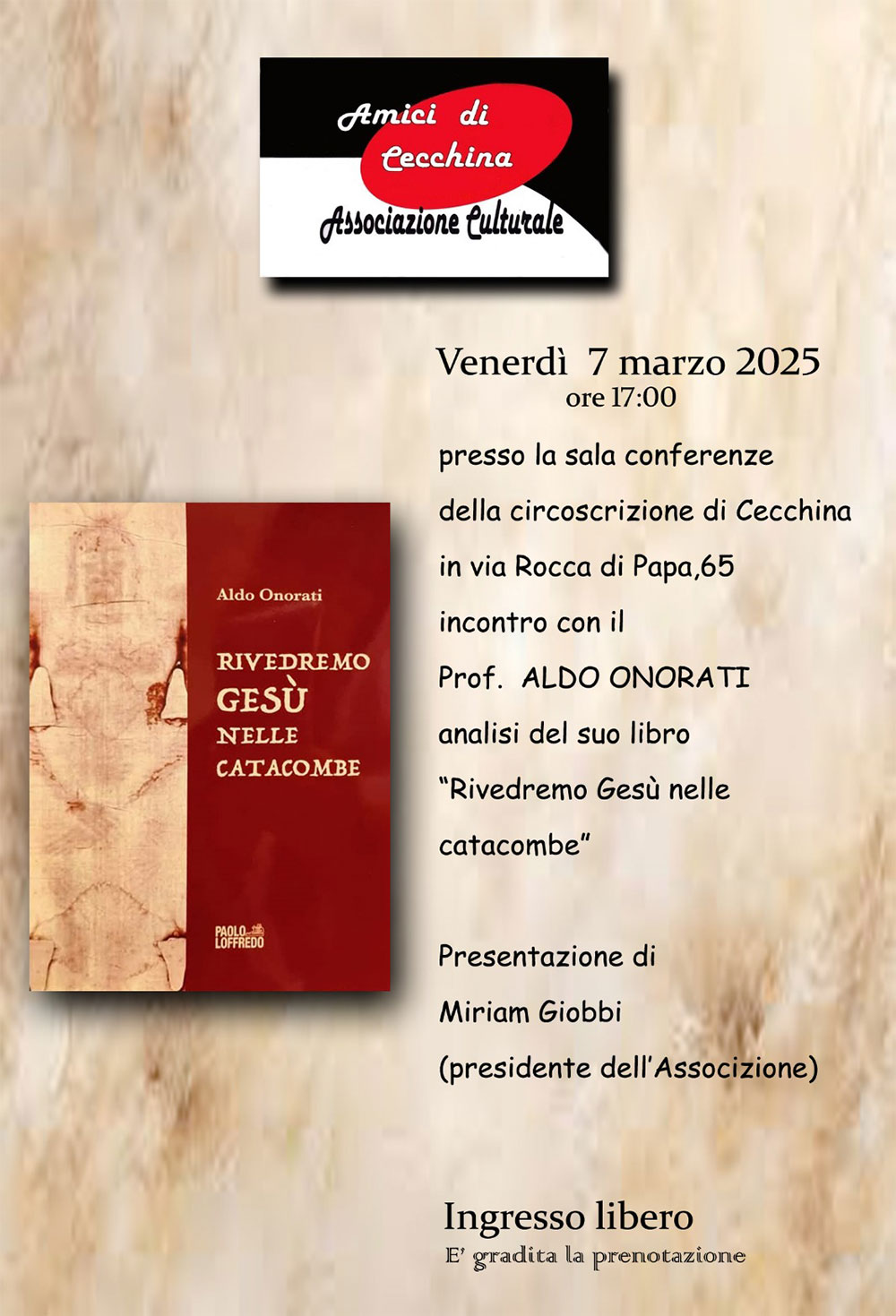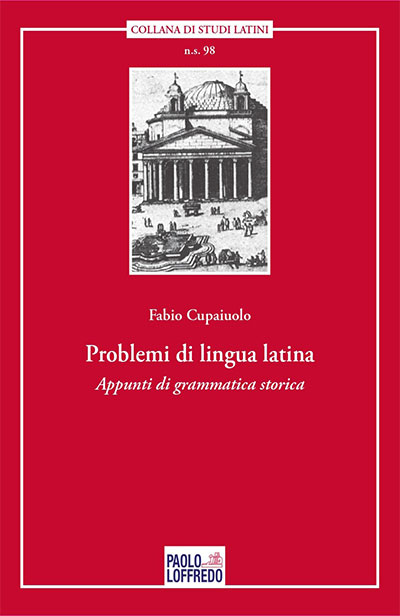 Paolo Loffredo, sixth generation of a large family of publishers and booksellers engaged in the production and distribution of books since the late nineteenth century, creates in 2012 the new editorial company Paolo Loffredo Editore. The historical site was until the '80s in the heart of the historic centre of Naples in Via San Biagio dei Librai, lower Decumano and also known as the SpaccaNapoli.
Paolo Loffredo, sixth generation of a large family of publishers and booksellers engaged in the production and distribution of books since the late nineteenth century, creates in 2012 the new editorial company Paolo Loffredo Editore. The historical site was until the '80s in the heart of the historic centre of Naples in Via San Biagio dei Librai, lower Decumano and also known as the SpaccaNapoli.
At the beginning of the twentieth century, Giuseppe Loffredo decided to add book selling to the book production, which definitively imposed itself after World War II with the publication of manuals for the University and for the School that succeeded in establishing themselves soon throughout Italy.
LAST EVENT
"Rivedremo Gesù nelle catacombe"
07 Marzo 2025 - Sala Conferenze circoscrizione di Cecchina - via Rocca di Papa 65, Albano Laziale (RM) - ore 17,00

Problemi di lingua latina
ISSN: 2611-1411
Language: Latin, Italian
Publisher: Paolo Loffredo Editore Srl

Description
Problemi di lingua latina
Appunti di grammatica storica Ristampa anastatica
The title of the book explains the author's aims: through the examination of some essential features of the historical development of the Latin language, to discuss some problems of phonetics and morphology. Latin shows simpler and more ordered structures than Greek; a more original evolution of vocalism, especially for the play of alternations; a verbal inflection dominated by a peculiar binary structure (infectum / perfectum), a tendency to binary opposition that is revealed even in the semantic contrast between simple verb and compound verb. The book aims in particular to highlight which phenomena of Latin phonetics and morphology can be said to have now found a plausible explanation on the historical level and which, on the contrary, continue to remain obscure in their genesis.
Author



